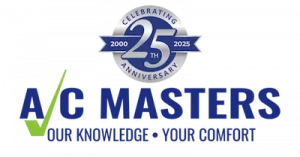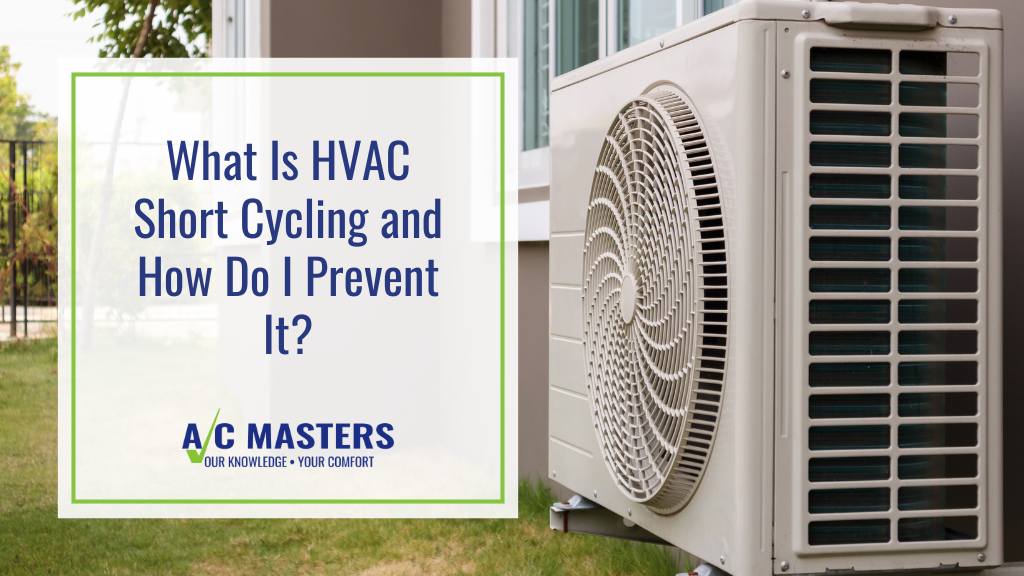You may be asking yourself, “What is HVAC short cycling, and how do I prevent it?” Short cycling is a common HVAC problem that can lead to increased energy consumption, discomfort, and even system damage if left unaddressed. It occurs when your HVAC system turns on and off frequently in short bursts, instead of running for longer periods. This issue can waste energy, cause unnecessary wear and tear on your system, and reduce its lifespan. Understanding what causes short cycling and how to prevent it can save you money and help keep your home comfortable year-round.
What Is HVAC Short Cycling and How Do I Prevent It?
Short cycling happens when your HVAC system doesn’t run long enough to complete a full heating or cooling cycle. Instead of staying on for the usual 15-20 minutes, it shuts off after just a few minutes of operation, then kicks back on shortly afterward. This continuous on-off pattern is inefficient and can place undue stress on your system, resulting in increased wear and tear, higher energy bills, and uncomfortable indoor temperatures.
Common Causes of Short Cycling
There are several potential causes of short cycling, including:
Thermostat Issues: A malfunctioning or improperly calibrated thermostat may signal your system to shut off too soon, causing frequent cycles. Incorrect placement of the thermostat, such as near a heat source or in direct sunlight, can also interfere with accurate temperature readings.
Dirty Air Filters: Clogged air filters restrict airflow, causing the system to overheat or work harder than necessary. When this happens, the system may shut down prematurely to prevent further damage.
Refrigerant Issues: Low refrigerant levels or leaks can cause your HVAC system to overheat and short cycle. Without enough refrigerant, the system cannot maintain the proper cooling or heating cycle, leading to inconsistent operation.
Oversized System: If your HVAC system is too large for your home, it will heat or cool the space too quickly. This causes the system to reach the set temperature too fast, leading to short cycling.
Faulty Components: A malfunctioning part, such as a defective compressor or capacitor, can cause the system to turn on and off erratically.
How to Prevent HVAC Short Cycling
Preventing short cycling involves identifying and addressing the root cause. Here are some practical steps to take:
Maintain Proper Thermostat Placement: Ensure your thermostat is installed away from heat sources that may skew temperature readings.
Replace or Clean Air Filters: Check and replace your air filters regularly to ensure proper airflow.
Check Refrigerant Levels: Contact the experts at A/C Masters to check and refill refrigerant levels and address any leaks promptly.
Choose the Right-Sized HVAC System: One of qualified experts can help assess your home’s needs and recommend an appropriately sized unit.
Regular HVAC Maintenance: Schedule routine maintenance with our professional HVAC experts can help ensure all components are functioning properly.
HVAC short cycling is an issue that can affect both the efficiency and longevity of your system. Fortunately, by taking preventative measures, you can keep your HVAC system running smoothly.
If you are in the Yorktown, Newport News, Hampton, Gloucester, or Williamsburg area, and are unsure about the cause of short cycling or need assistance with repairs, contact us today!

